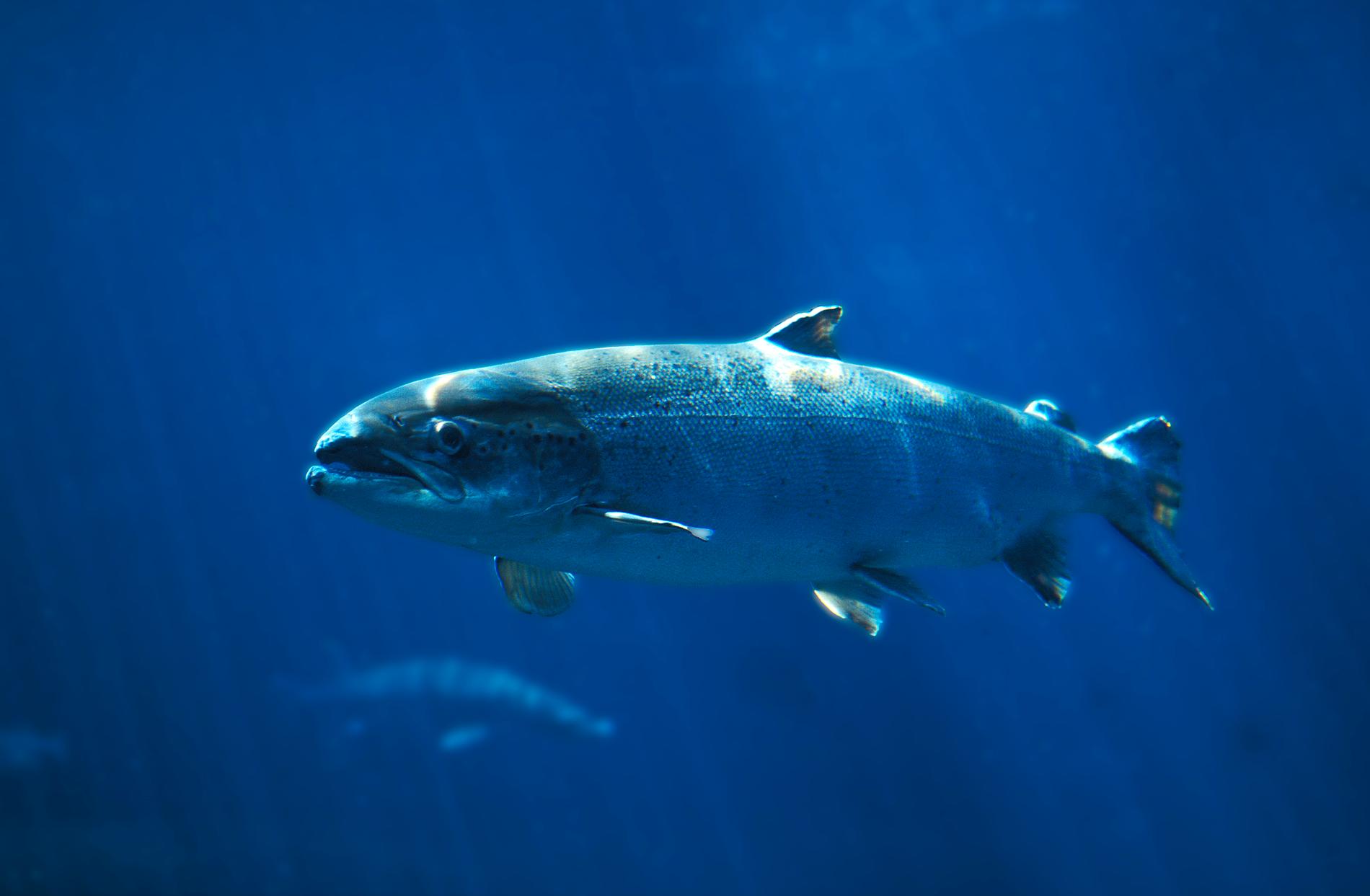
Atlantic
The scientists were shocked by the "extreme" heat wave in the Atlantic
"Can be superheated"
Mikaela Somnell
Updated 17:04 | Published 13:14
News
There is a heat wave going on - in the Atlantic.
The exceptionally high temperatures in the Atlantic threaten to kill animals and underwater plants.
- Temperatures can be superheated, says Richard Unsworth, professor of biological sciences.
Quick version
* An extreme heat wave with level four on a five-degree scale is hitting the North Atlantic, with water temperatures up to 5 degrees above normal, adversely affecting animal and plant life.
* Scientists warn that marine wildlife such as oysters and plants such as algae are at risk of dying, especially in shallow waters where temperatures can "superheat".
* The UK Met Office believes the heatwave is caused by both human-caused climate change and natural variability, with additional influence from the El Niño weather phenomenon and weaker winds.
According to the American marine research station Noaa (National Oceanic and Atmospheric Administration), animal life in parts of the North Atlantic is suffering from shockingly high temperatures.
In some parts the water is as much as 5 degrees warmer than normal.
The problem has been going on for several months. According to the British weather station UK Met Office, temperatures in the North Atlantic during May were 1.25 degrees higher than the average for the month.
During April and May, water surface temperatures were also at their highest levels since 1850.
Now many alarming voices are being raised from the scientific world.
- The eastern Atlantic , from Iceland down to the tropics, is much warmer than average. But areas around parts of northwestern Europe, including parts of Britain, have some of the highest sea temperatures relative to average, Stephen Belcher, the Met Office's chief scientist, said in a statement.

“Very exceptional”
Mika Rantanen, researcher at the Finnish meterological institute, tells CNN that the heat wave is "very exceptional".
Richard Unsworth, professor of life sciences at the University of Swansea, tells the television channel that the underwater heat is completely unprecedented:
- It is far beyond the worst possible predictions for the changing climate in the region. It's really scary how fast the ocean is changing.
Richard Unsworth explains to CNN that the changing temperatures risk harming Atlantic wildlife.
- There is a very high risk that animals such as oysters as well as plants and algae will be killed by the European marine heat wave, especially in shallow waters where temperatures can superheat.
According to a statement from the UK Met Office, the heat wave is the result of a combination of human-caused climate change and natural variability.
Other factors believed to contribute to the high water temperatures are the weather phenomenon El Niño and weaker winds.
Inga kommentarer:
Skicka en kommentar